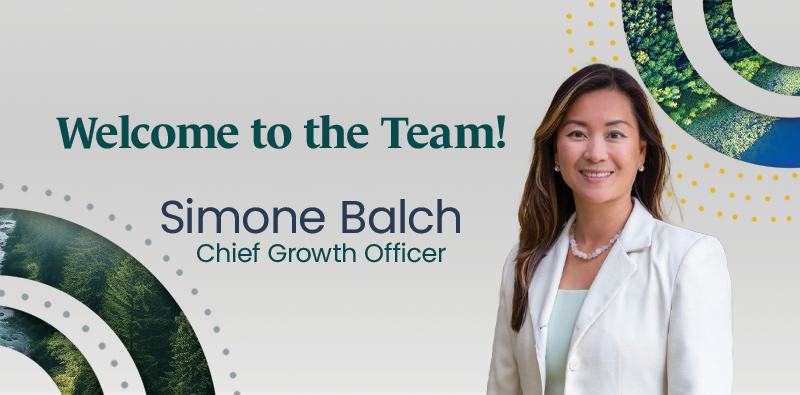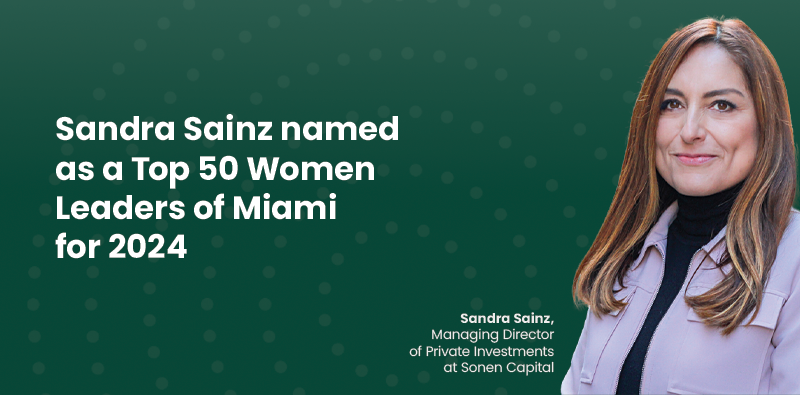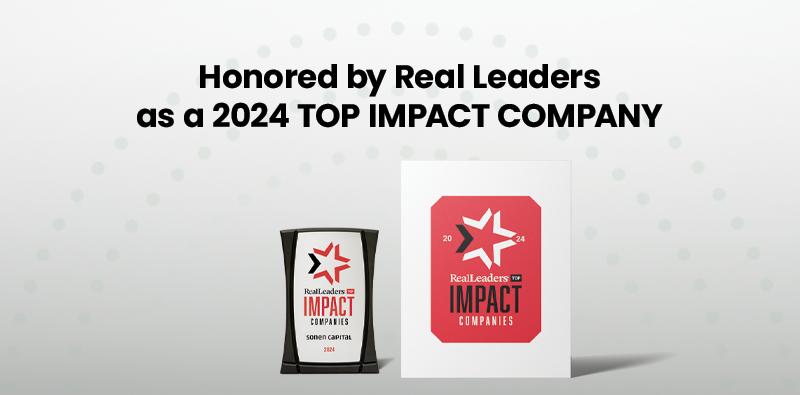A group of people hold up paper displaying five of the 17 sustainable development goals. An impact investing firm in San Francisco released a report showing how their investments align with the SDGs. Photo by: UNDP / CC BY-NC-ND
Devex Impact, By Adva Daldinger
April 12, 2016
The call is out for the private sector to help finance the Sustainable Development Goals, but there have been many questions about how that may happen in practice.
Last week, impact investing firm Sonen Capital released a report showing how their investments and impact track against the goals — a move they hope will inspire other investors and firms to follow.
The SDGs, the firm argues, can be good for business. The potential for profit could “induce [them] to participate more directly,” said Will Morgan, the director of impact at Sonen Capital.
Sonen Capital saw the SDG’s global appeal to the private sector as an opportunity for asset managers to think about their contribution. The group has since evaluated its investment strategy in terms of its impact on the development goals, Morgan said.
Specifically, Sonen took a retroactive look at its portfolio to see how it aligned with the SDGs. The result was the recently released annual impact report.
Sonen Capital makes investments that impact clean water and sanitation, affordable and clean energy, decent work and economic growth, industry innovation and infrastructure, sustainable cities, responsible consumption and production, climate action and life on land, which are SDGs 6 through 9, 11, 12, 13 and 15.
The investments all seek competitive commercial returns in addition to impact. And Sonen’s portfolio has been fairly successful, according to the report. Last year its public equity strategy outperformed the industry standard, not just for fellow impact investors but the commercial market more broadly.
In other words, investing with impact is profitable, the firm argues. And getting that information out there could help mobilize more capital, Morgan said. He also urged the private sector to take action to evaluate how companies or investments contribute — in a positive or negative way — to sustainability.
It will take time for the investing community to implement greater changes and make more investments geared toward the SDGs, he said. But the development community to help translate the goals and help determine how to measure success, Morgan added.
For example the SDG Compass, a tool created by the United Nations Global Compact, the Global Reporting Initiative and the World Business Council for Sustainable Development, helped Sonen Capital to see how they measure up against the SDGs.
The 230 indicators proposed by the United Nations Statistical Commission in March could also help with setting benchmarks. Those markers still need to be approved by the U.N General Assembly and the U.N. Economic and Social Council.
Sonen may incorporate those indicators in its assessments but it is already using a variety of industry standards and indicators to measure impact, all incorporated into its own AIMS framework — additionality, intentionality, measurability and scale. Each investment is assessed according to these metrics. If it fails by those standards, the investment doesn’t make the cut, even if it would have been profitable.
The SDGs will in effect serve as another guiding document — a sort of compass to ensure investments are contributing to the goals, Morgan said.
“It’s a great affirmation for any investor,” to have such benchmarks, he said. “We haven’t had that guiding principle for us rather than our own values.”
See full article on Devex Impact.



